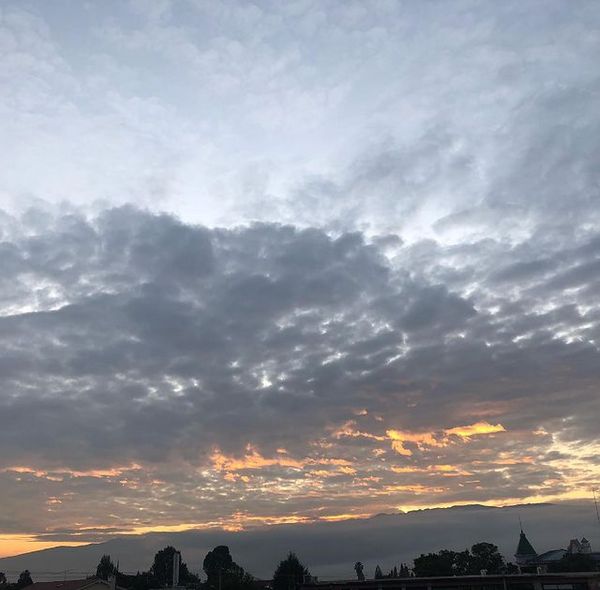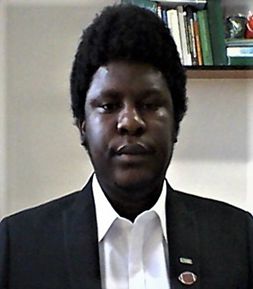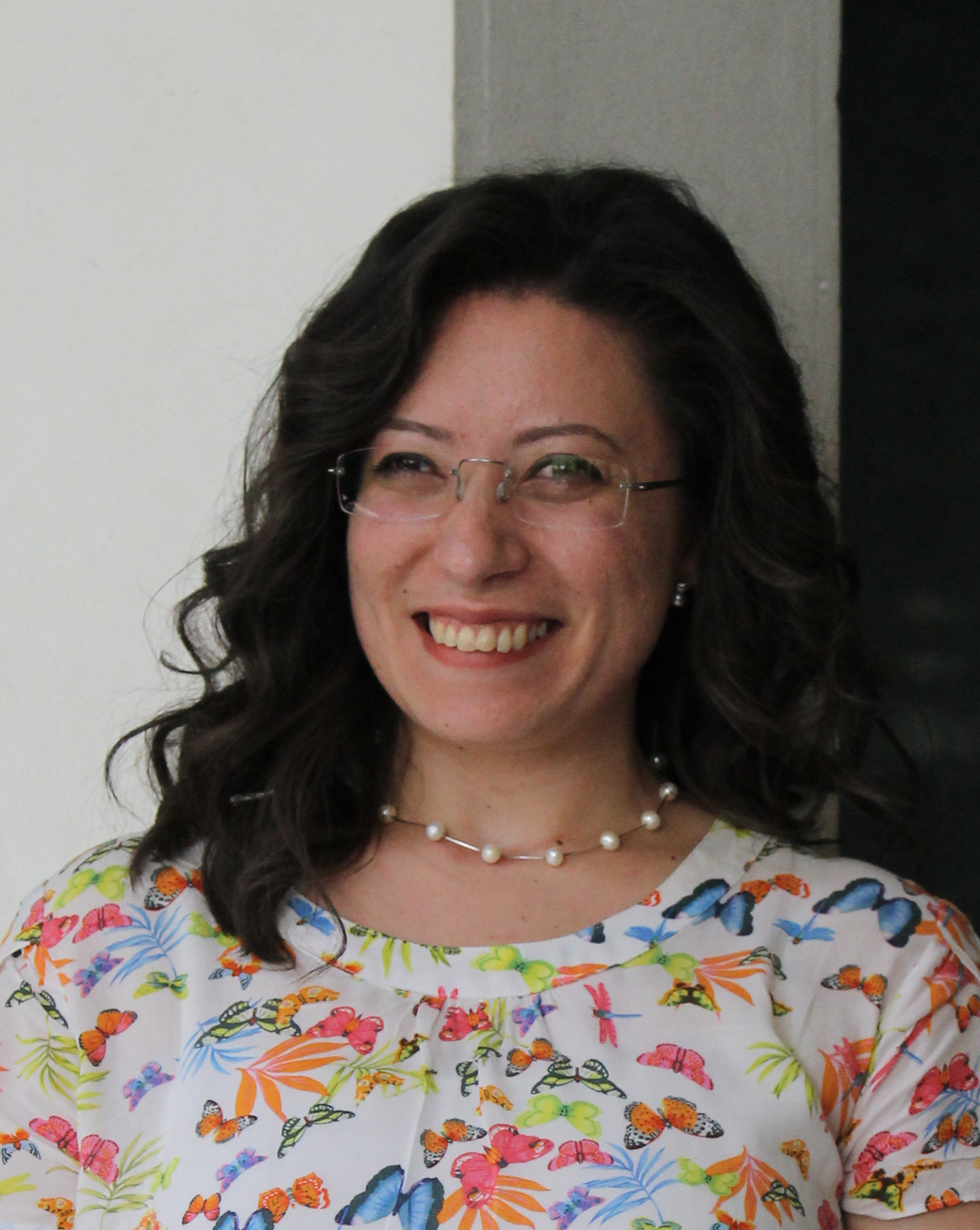
PhD Defenses around the World – A defense in Scotland
Today, I have the pleasure of welcoming Hanan Hindy to PhD Talk. Hanan is a Lecturer at the Computer Science department at the Faculty of Computer and Information Sciences at Ain Shams University, Cairo, Egypt. Hanan did her PhD at the Division of Cyber-Security at Abertay University, Scotland, UK. Hanan received her bachelor degree with honours (2012) and a masters (2016) degrees in Computer Science from the Faculty of Computer and Information Sciences at Ain Shams University, Cairo, Egypt. Her research interests include Intrusion Detection Systems, Machine Learning, and Cyber Security.
I defended my PhD thesis on the first of July 2021. I conducted my PhD at Abertay University in Dundee, Scotland, UK. My research work focused on the overlapping area between Cyber Security and Artificial Intelligence resulting in a thesis entitled “Intrusion Detection Systems using Machine Learning and Deep Learning Techniques”.
The process in the UK, based on my experience, has some things similar and some different to Egypt; where I completed both my BSc and MSc degrees. The three main differences in my opinion are a) submission process, b) viva setup, and c) viva outcome.
Submission process
Besides research, any PhD student is asked to build a Professional Development Portfolio (PDP) over the time of their PhD. This PDP covers a wide range of activities and things you do; for example, teaching, mentoring, time management, creativity, engagement, etc. Mine was based on the Vitae. I was asked to submit my PDP at least a month before submitting my thesis. The PDP is then examined by a department member and once accepted, I could submit my thesis; after some paperwork including plagiarism checks.
Viva setup and outcome
In the UK, the Viva-Voce (is a Latin phrase meaning “with living voice” used to refer to defence) is a closed exam; no one is allowed to attend. This is different from other places in the world where the defence is a public event. In the UK, the examination committee is formed of three members; two examiners (external and internal) and a non-examining chair. The student can request for one of their supervisors to be there— only as an observer.
For me, the setup was very similar to what I explained above, but in an online setup, unfortunately, due to Covid. Knowing that my Viva will take place online, I felt so down; I didn’t sign up for this! I have to thank my supervisors for all the reassurance and help during that difficult time.
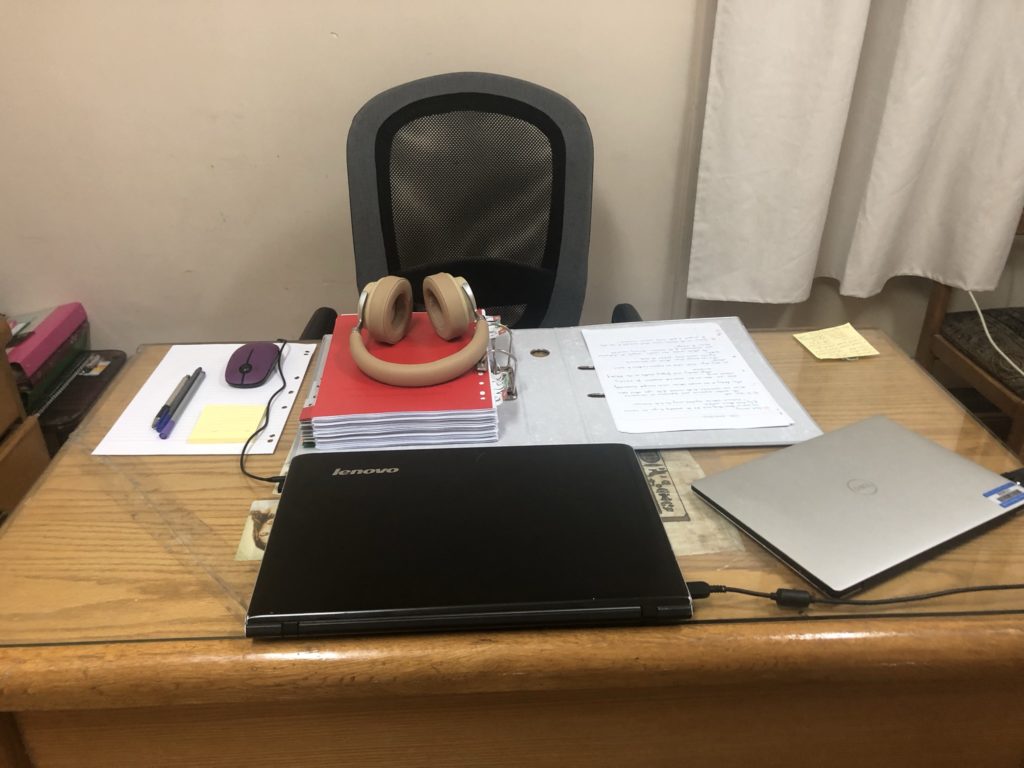
I had a mock Viva which helped me a lot in preparing for my real one. It helped me with organising my ideas and the way I approach questions. It also reassured me; hearing feedback from an academic out of the supervision team and finally, it helped me check how I feel about all this online setup and get used to it too.
On the Viva day, I woke up early, I reminded myself of how far I had reached and wanted to do my best regardless of the outcome. The outcome of a Viva in the UK is not decided before the examination. This uncertainty made me nervous all through my PhD, probably because in other places, once a PhD is signed off by the department, it is a matter of time, and the defence is more of a public event/celebration. However, in the UK, after the examination, the committee comes to a decision on whether or not to accept the thesis, the modifications with the amount of time to submit/re-submit, and whether or not another examination is needed. Finally, if the research is not sufficient, the student may be awarded an MSc by research instead or fail.
I joined the Teams meeting and no one was there. This was a scary moment because I was told that the committee would be there 30 mins in advance. After a couple of seconds, I went back to the email and noticed that there was a different link! I finally joined 3-4 mins late. The committee was understanding, these technical problems happen.
I asked the committee if I could present a 5-min summary of my contributions and they allowed me to. In my opinion, this was the best start, it helped me set up the stage, I knew what I wanted to say exactly, it was an opportunity to show the examiners my work in spoken words. I based my 5-min summary on the Research Questions and how the contributions link to each other.

The committee thanked me for the presentation and then they started challenging my thesis. To my surprise, it was so enjoyable. Every bit of it was interesting. To be honest, my supervisor told me that I would enjoy my Viva, but I was so worried to get my head around this. However, as the discussions progressed, it was so interesting. The examiners moved through the thesis page by page (not literally).
After going through the whole thesis, I was asked to leave the meeting and join again after a specific time; 30 mins if I remember correctly. This is the time when the committee agrees to a decision.
Leaving the meeting, I felt so relieved, it was a significant moment in my life! I prayed and thanked God for his endless blessings, got off my chair and walked out to my family, I kept wondering, waiting for time to pass. I joined the meeting again and the whole committee had encouraging smiles on their faces. I was told that I passed with minor changes that should be submitted within a month. That was it! I DID IT, a feeling that words cannot explain.
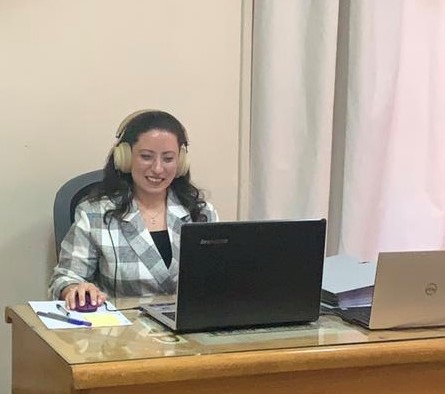
I want to genuinely thank my supervisors and my Viva committee members for this great experience.
To all PhD students out there, all the hard work is surely worth it. I will end with the quote I put at the beginning of my thesis, “You can’t connect the dots looking forward; you can only connect them looking backwards. So you have to trust that the dots will somehow connect in your future.” Steve Jobs


